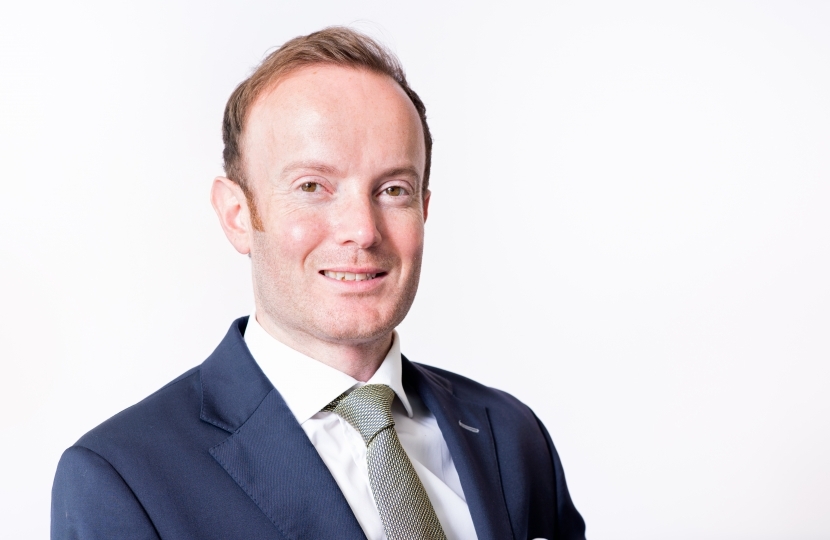
Column by Councillor Richard Rout, Deputy Leader and Cabinet Member for Finance and Environment
For the first time in its history, Suffolk County Council will be presented with TWO budgets at its Full Council meeting in February.
One of these budgets is the Financial Budget, which has been a regular feature of Full Council meetings ahead of the new financial year. This is where I present how we propose to generate and spend money to provide the best possible services for everyone in Suffolk.
But this year, for the first time, a detailed Carbon Budget will also be presented. This is an important step, as it will allow the Council to monitor its progress against our ambitious target of being a Net Zero organisation by 2030.
I’ll explain more about the Carbon Budget shortly, but first I want to address our Financial Budget – what the last year has been like, what pressures the council is under, and how you will play a key role to enable the council to provide and invest in the services that many residents need to access.
It has been a very difficult budget to consider, especially with Covid continuing to make life challenging on every level, both professionally and personally. This is true of the council’s finances too - we also continue to face rising costs. In addition, the demands on our services have hugely increased, particularly for our adult care and children’s services.
The pandemic continues to have a big impact on our aim to help everyone stay active, healthy and lead independent lives – as well as supporting those with more complex needs, by providing social care, through our amazing team of care workers.
Covid has brought challenges to the services we provide to children and families, from childcare to supporting young children with special educational needs and disabilities (SEND). I’d like to thank our teams that have worked tirelessly to ensure children and families have been supported during this time.
I’m pleased to say that I’ve worked with my colleagues to propose a budget which will not see any reductions in our services, and invests further where it is most needed.
For example, we propose to increase our family services budget by £1.1m from next year, to specifically address the recommendations made by the recent independent SEND review – this is in addition to our previous commitment of £45m to develop SEND provision.
In the public consultation we ran at the end of 2021, you told us that highways and the environment were your top priorities, after children’s services and adult care.
We plan to invest in these areas, for example an additional £1m over the next four years, to be spent on things like road signs and responsible verge cutting. Over the next 3 years, we have also committed to £10m to specifically deliver an increasing number of drainage schemes, and £10m to improve footpath quality and access. There will also be a £12.8m investment to decarbonise the buildings that we own.
To maintain the services we provide, and to invest further, we will be asking you for an extra 1.99% in Council Tax and an additional 1% in Adult Social Care Precept. We did have the option of asking for another 1% on top of these increases, but decided against this as we believe that the lower amount will be sufficient to provide a balanced budget, with no need to reduce any of our services.
If you live in a Band B property – the most common type of property in Suffolk – this works out an additional £0.62 per week, compared to your bill last year.
In our public consultation, there were more people who agreed that council tax would need to go up, compared to those that didn’t. This was especially true for funding adult care. By paying this extra each week, we are all helping the council to provide its key services, and supporting those who need it most.
As I mentioned, in February we will also be presenting Suffolk County Council’s first ever Carbon Budget. We want to be a Net Zero organisation by 2030 -his means reducing our impact on climate change where we can. We do this by reducing our carbon emissions as much as possible, for example making our buildings more efficient, procuring goods and services from suppliers who have a similar Net Zero ambition, moving our vehicles over to electric, and investing in our environment.
A Net Zero Carbon Budget for the council enables us to evaluate the impact of decisions we take. It provides a baseline for measurement every year, against which we can track our progress.
These are two budgets which I’m extremely proud to be involved with. I think both will have a positive impact on Suffolk – both in terms of looking after our residents, but also protecting the environment and county in which we are privileged to live.


